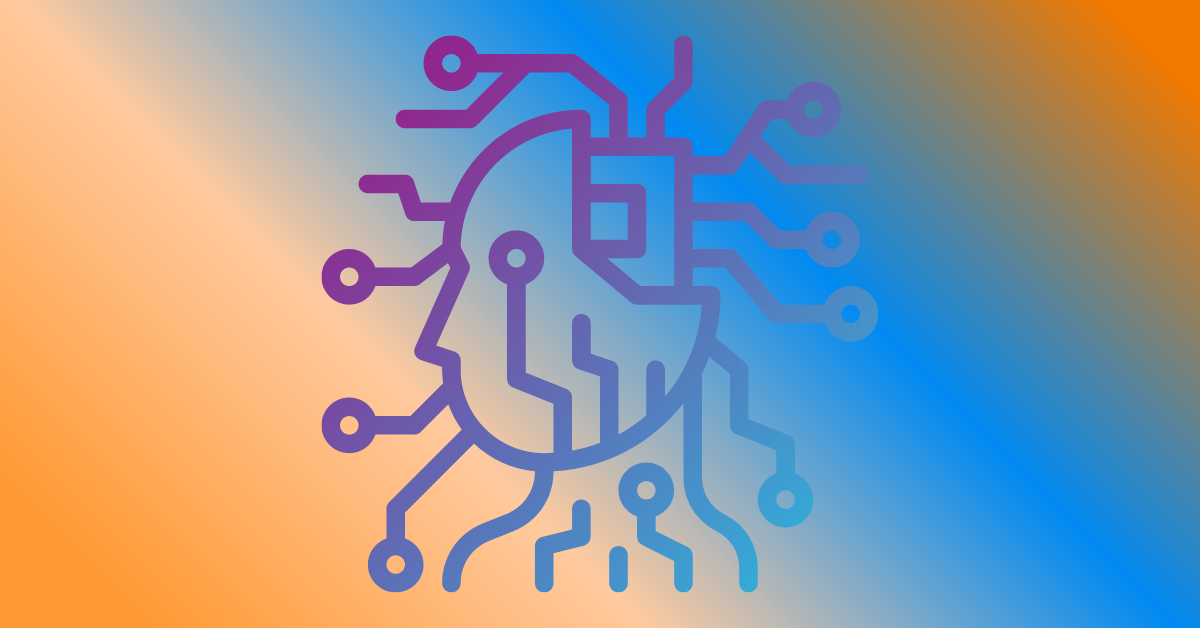I was invited as a resource speaker by my high school mentor, Prof. Pierangelo B. Alejo, Ph.D., Vice-President of the Philippine Community eCenter Network (PhilCeCNet) to the 18th Philippine Community eCenter Network, Inc. – Knowledge Exchange Conference (KEC18) in Baguio City last week. I was tasked to facilitate a (un)conference session about Artificial Intelligence (AI), so I thought of discussing “Should We Be Afraid of AI? (Considerations for the Education Sector).”
The first question I asked from attendees of my session was: “What comes to mind when you encounter the term AI?” Good thing, only a handful answered the likes of Terminator, Optimus Prime and the Transformers, and anything related to Hollywood. Talking to a different crowd previously, the common answer I get from the same question is always sci-fi-related ones.
Outside of Hollywood, AI is defined as something that involves the use of computers to do things that usually require human intelligence. We, humans, can see with our eyes and process what we see — we understand our environment and can easily move around it. The uniqueness of the human brain is that we are able to see patterns and we can understand spoken languages. This is the handicap of computers and AI: yes, they can be trained, but for specific functionalities (based on the datasets fed to them).

Technically speaking, AI is a branch of Computer Science that includes Machine Learning (ML), Robotics, Reinforcement Learning, Computer Vision, Speech Recognition, and Natural Language Processing (NLP). AI is not something new — Alan Turing explored the possibility of having AI as early as the 1950s.
AI is not about creating machines or systems that replicate human intelligence, emotions, or consciousness in its entirety. It is not about creating sentient beings or conscious entities, as AI focuses on developing systems that can perform specific tasks or solve specific problems using computational algorithms and processes. AI is not about replacing humans or rendering us obsolete.

Enough of the nerdy stuff and let me go back to my question: should we, as educators, be afraid of AI?
For me, personally, NO, we should not be afraid of AI. We should treat it like any tool that we use in teaching. We use online tools like Google Workspace, Grammarly, Trello, and Calendly daily — and all of them are AI-powered (not to discount the fact that we also help these tech giants make their AI systems better, thanks to the data that we contribute to them).
Of course, there will be these self-proclaimed “AI gurus” and “AI thought leaders” who will tell us otherwise because their intention is to promote fear and panic — as part of their marketing ploy for their consultancy services.

Some of the educators who attended my session at the conference said that they are afraid of AI. But further questioning revealed that they are actually afraid of the additional tasks that they need to take to check and ensure that the works submitted by their students are not AI-generated. I challenged them to be more creative in teaching, more so in assessing their students. It is something similar to how “modules” were implemented during the COVID-19 pandemic: how can educators be sure that it was their students, and not their parents, who answered the take-home requirements?
When it comes to job security, you may quote me on this one: “Don’t be afraid of AI. But, be very afraid of people who know how to use AI to do their functions efficiently — they are the ones who will replace you in the workplace.”


